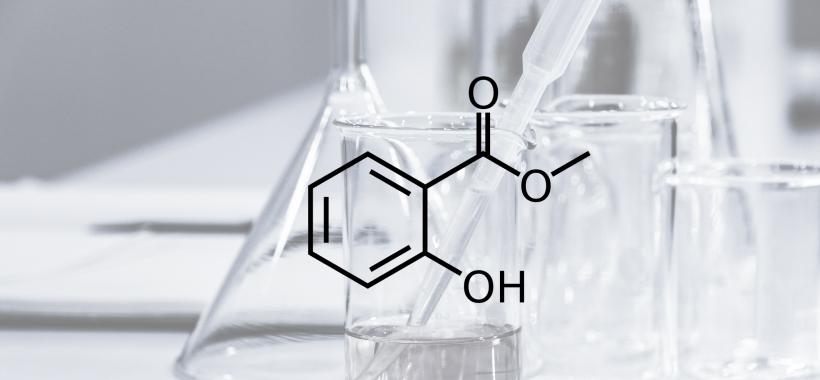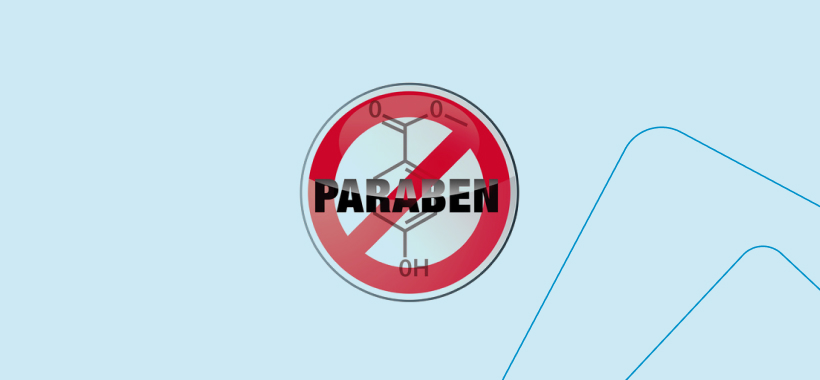The Scientific Committee on Consumer Safety (SCCS) released final opinion on Methyl Salicylate (methyl 2-hydroxybenzoate).
Based on the opinion of the European Risk Assessment Committee (RAC), which proposed new classification of Methyl Salicylate as Toxic for Reproduction Category 2 and as Skin sensitizer Category 1B, the SCCS considers Methyl Salicylate safe when used in cosmetic products up to the maximum concentrations provided below (Table 1 of the Opinion). The SCCS also noted that the substance in question should be considered as a weak skin sensitiser in humas and eye irritant.
| Type of cosmetic product exposure | Maximum % concentration |
| Hydroalcoholic-based fragrances | 0.600% |
| Rinse-off skin & hair products (except hand wash products) | 0.060% |
| Hand wash products | 0.600% |
| Leave on skin & hair products (non aerosol) | 0.060% |
| Face Make up products | 0.050% |
| Lipsticks & lip balm | 0.030% |
| Eye make up products & Make up remover | 0.002% |
| Toothpaste | 2.520% |
| Mouthwash | 0.600% |
| Mouth spray | 0.650% |
| Deo spray | 0.003% |
| Hair products (spray/aerosol) | 0.009% |
| Body Lotion Spray | 0.040% |
Moreover, The Committee expressed additional concerns related to the use of methyl salicylate. Since it may be used in consumer products other than cosmetic products, that may increase the systemic exposure with a possibility to exceed the safe level. The second concerns is the metabolism of methyl salicylate. In the body, methyl salicylate is metabolized to salicylic acid, which is also classified as toxic for reproduction. The SCCS is concerned that the combined exposure to cosmetic products containing various salicylates may increase the systemic exposure with a possibility to exceed the safe level.
Lastly, the SCCS noticed that wintergreen oil that is used in cosmetics may contain up to 99% methyl salicylate and should therefore be considered when calculating the content of methyl salicylate in a cosmetic product.


